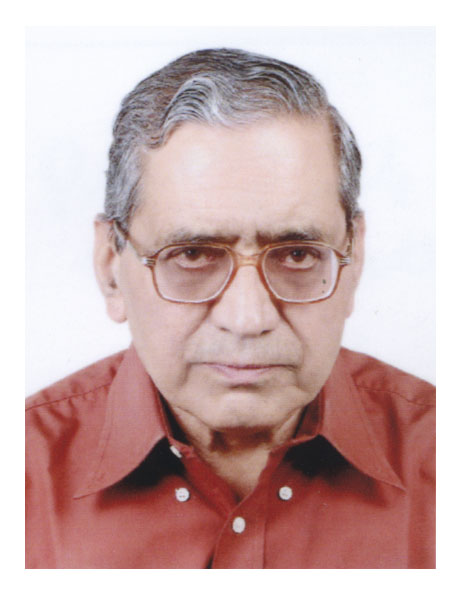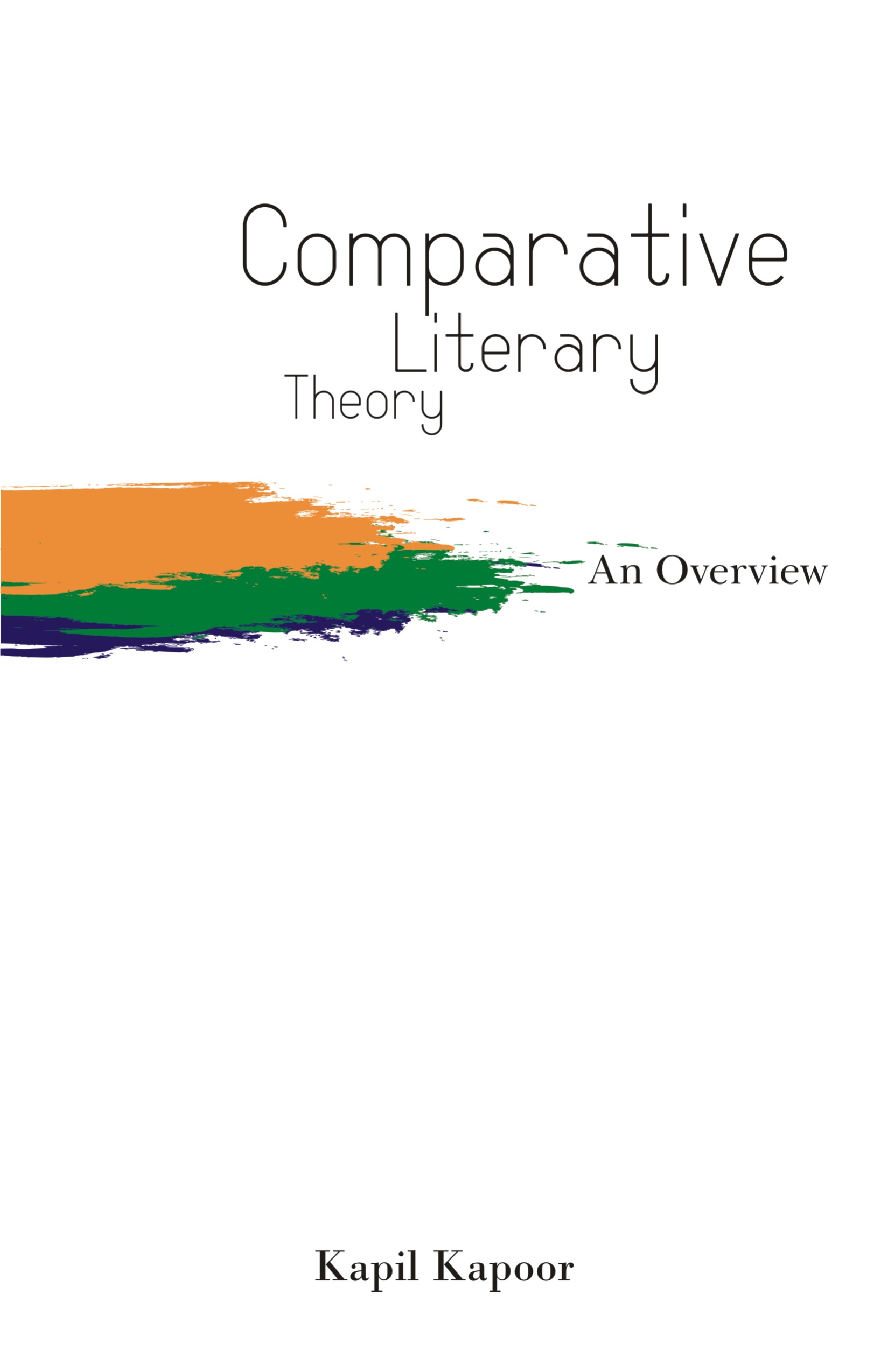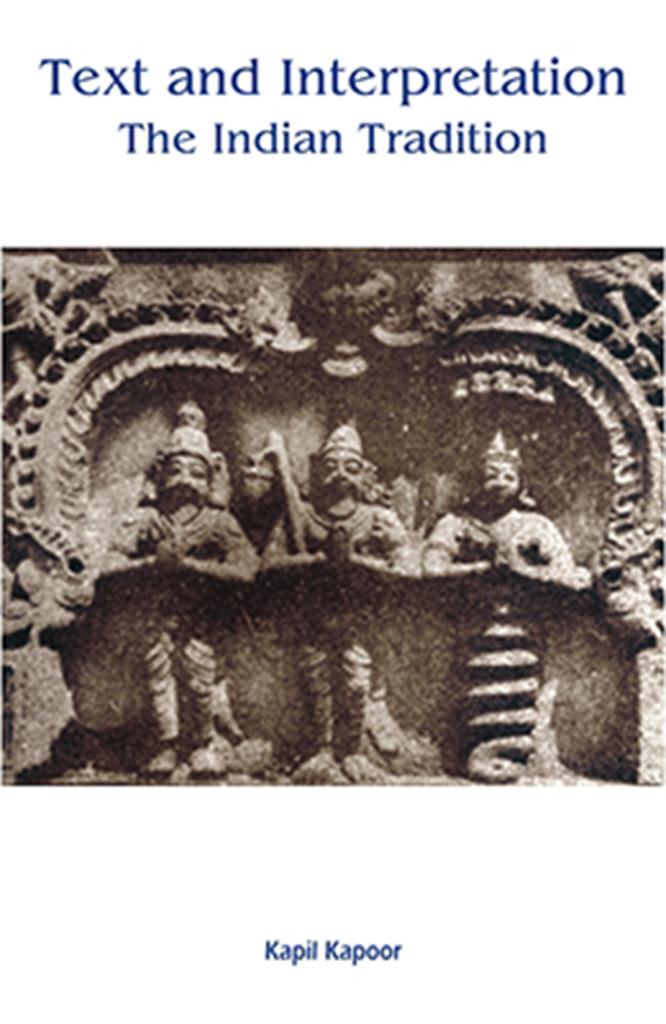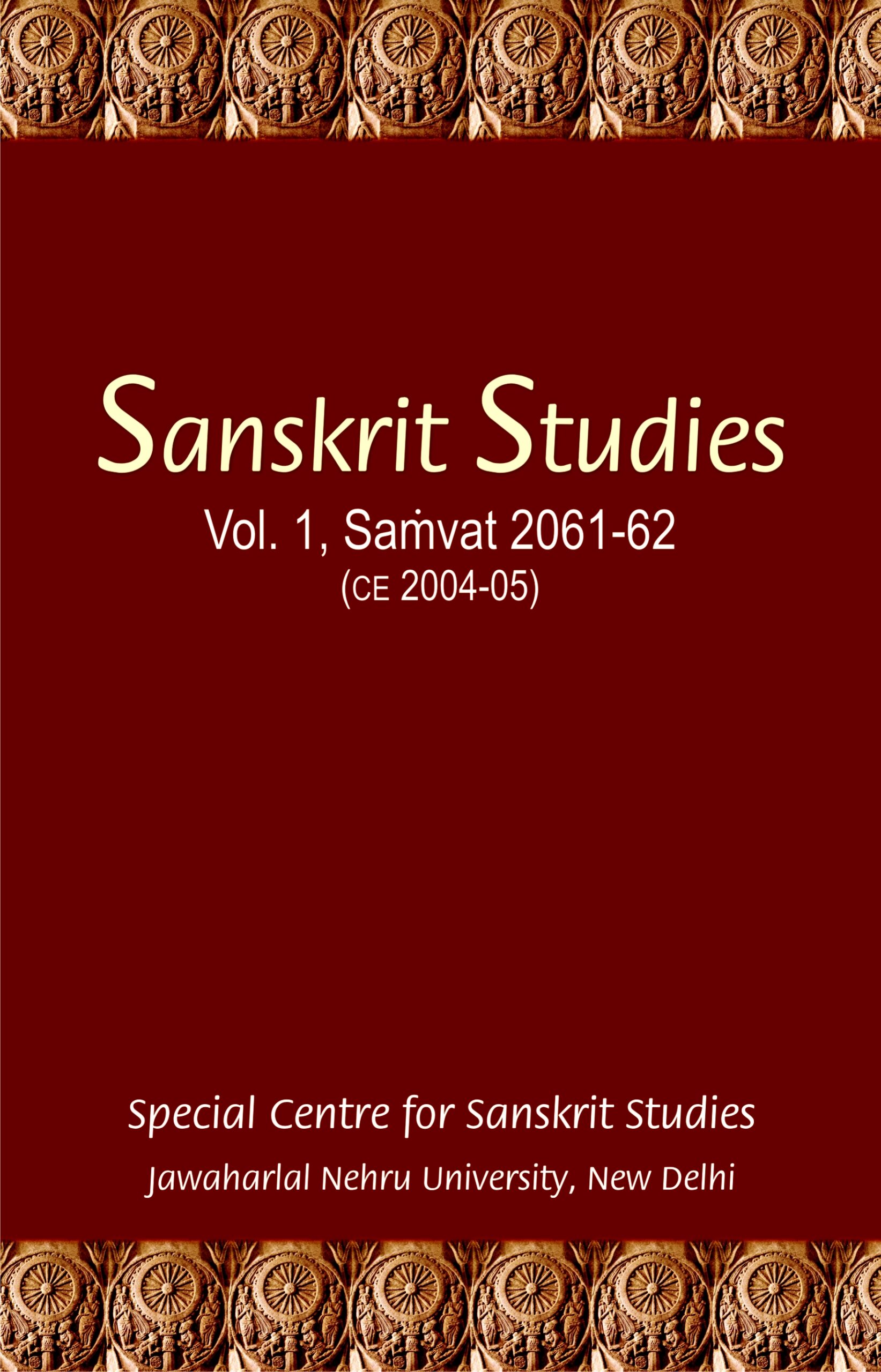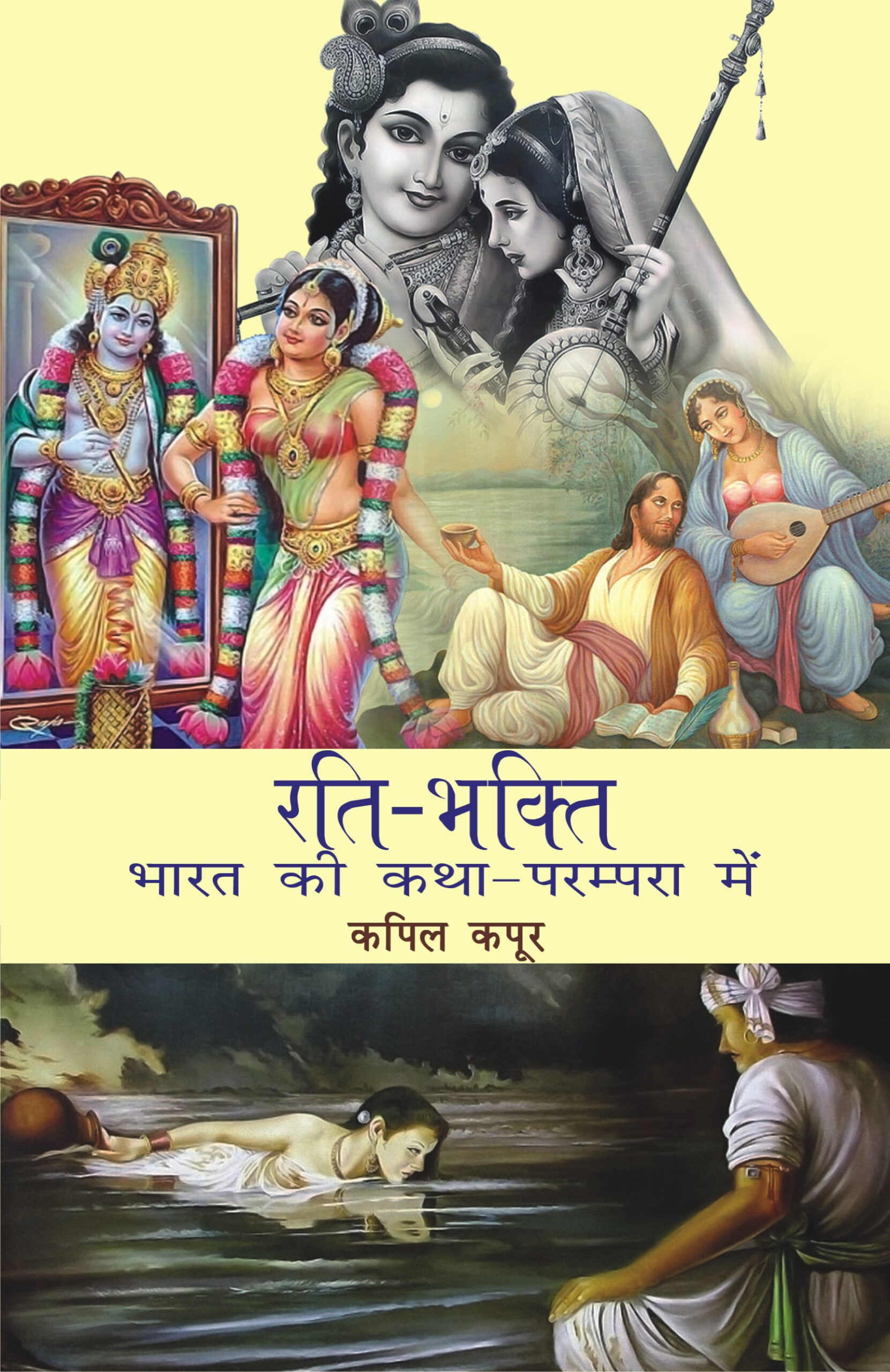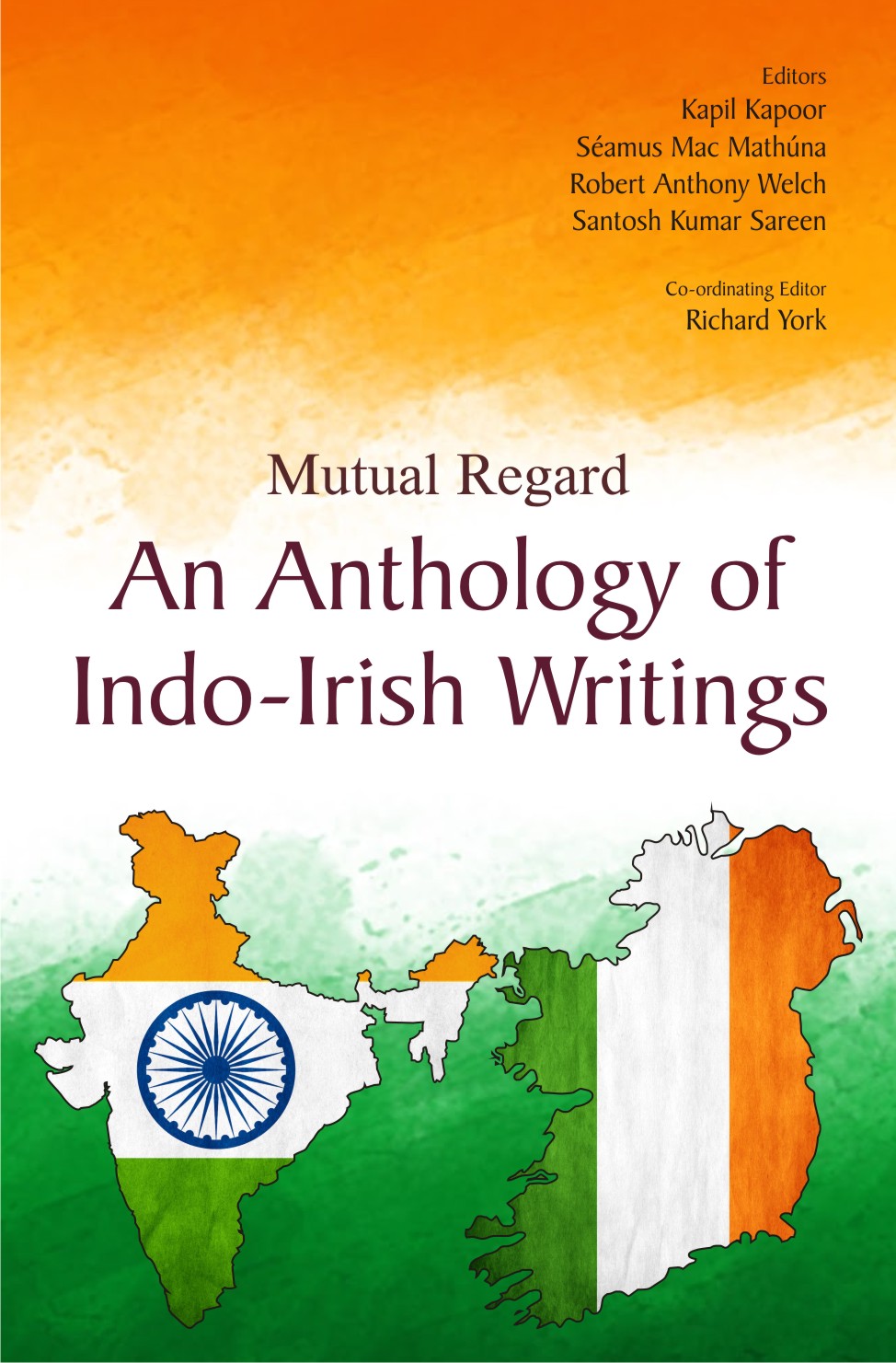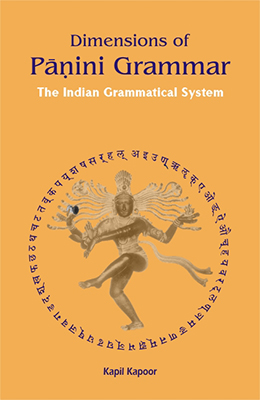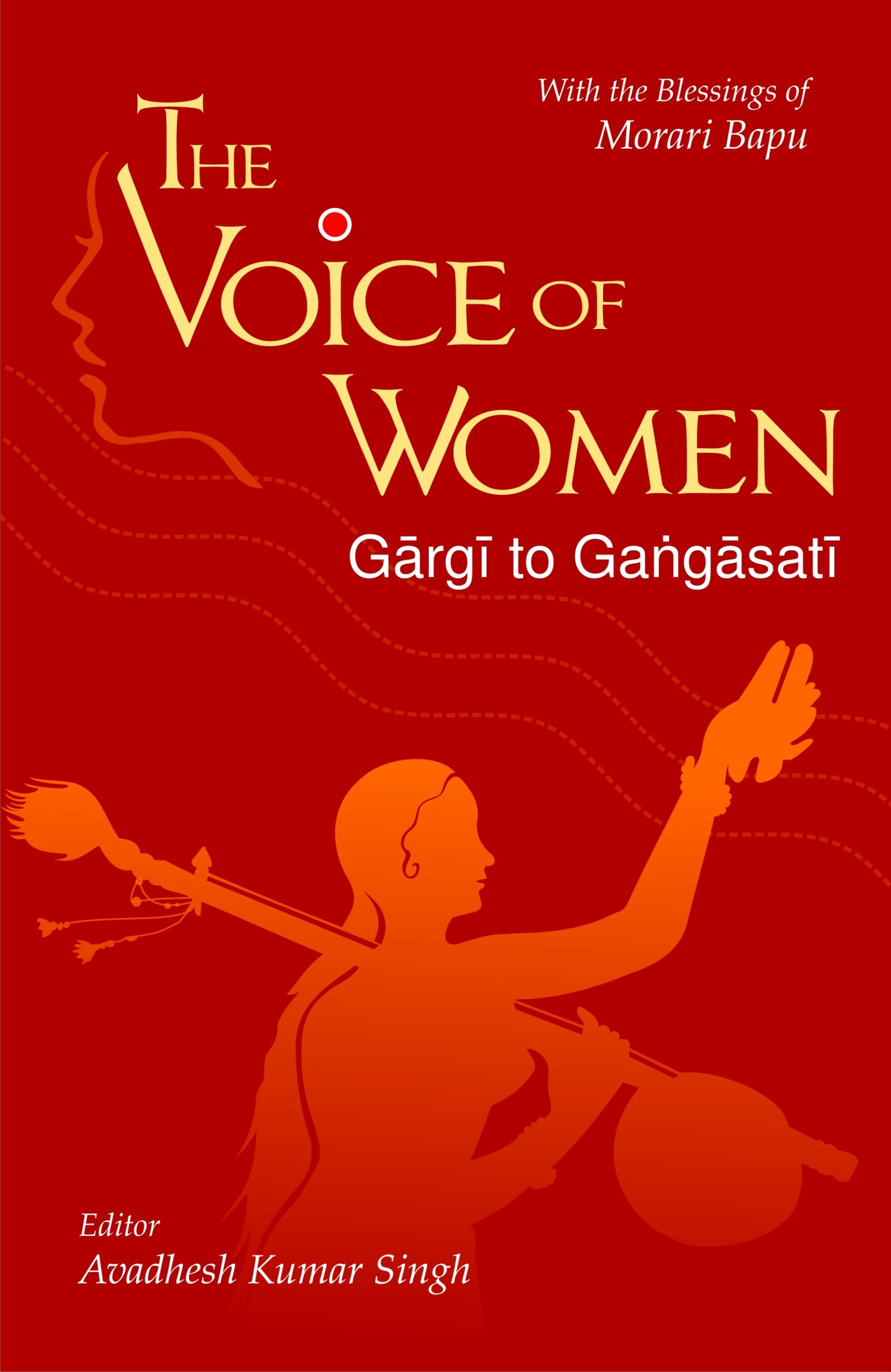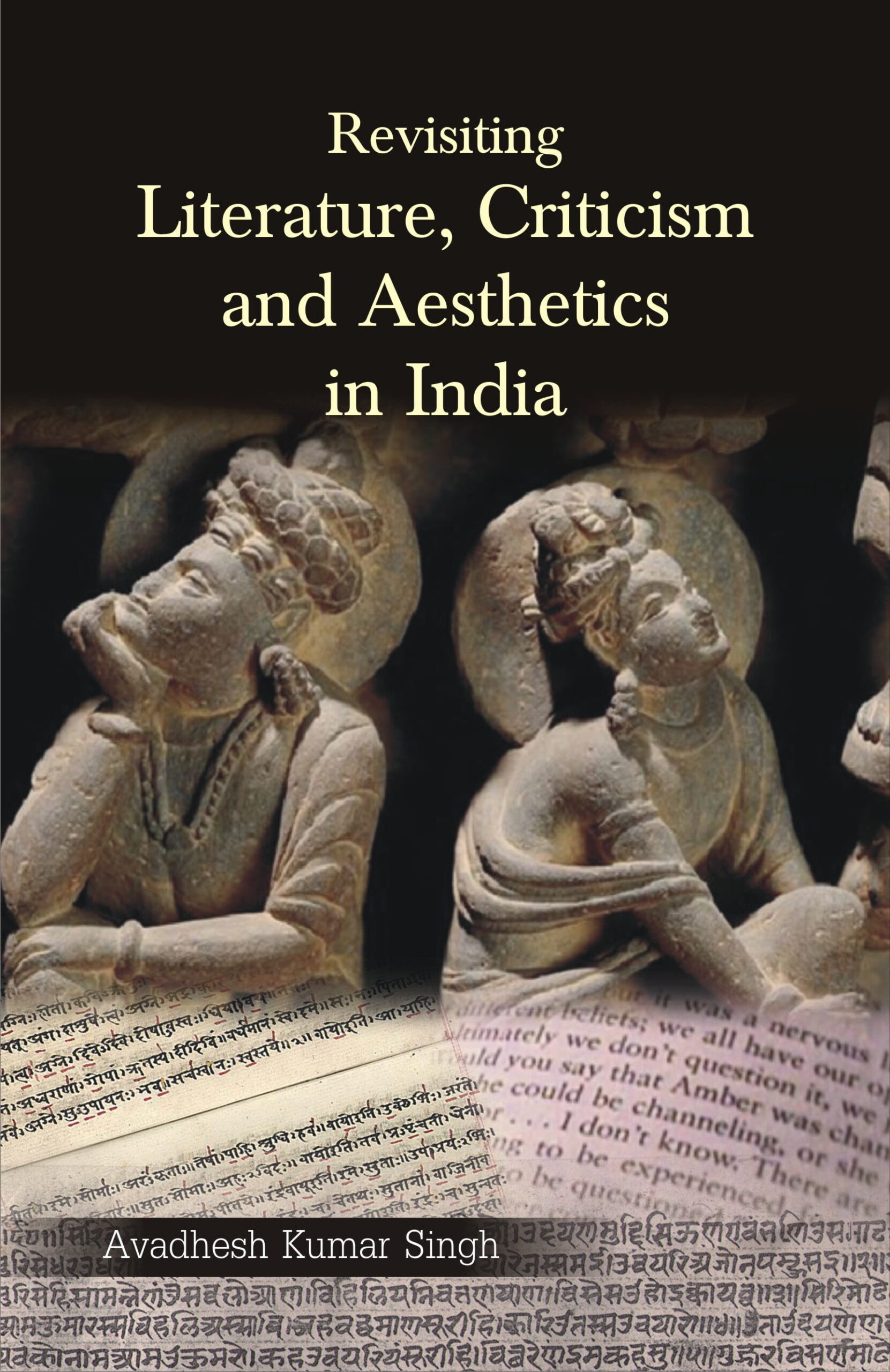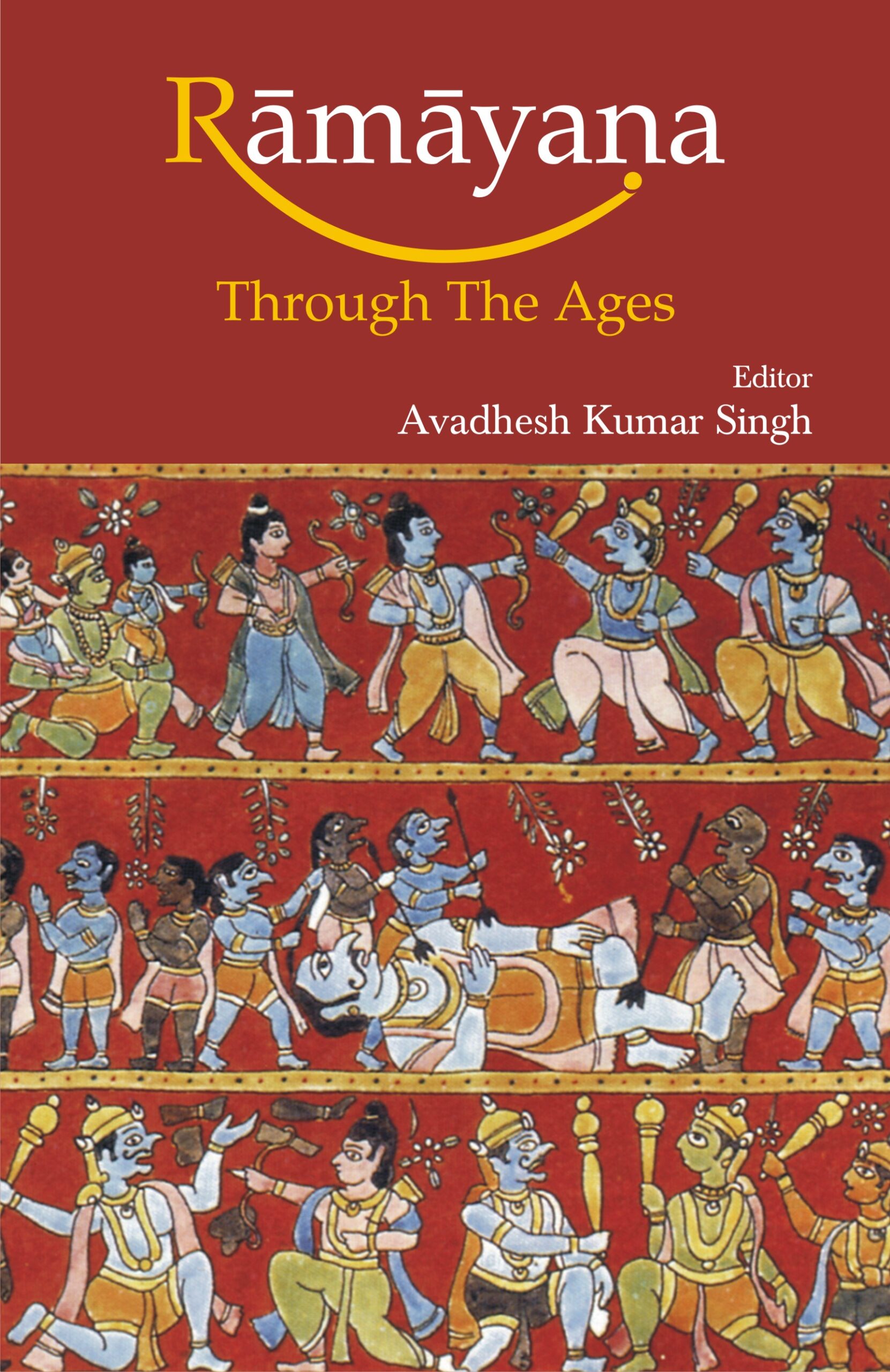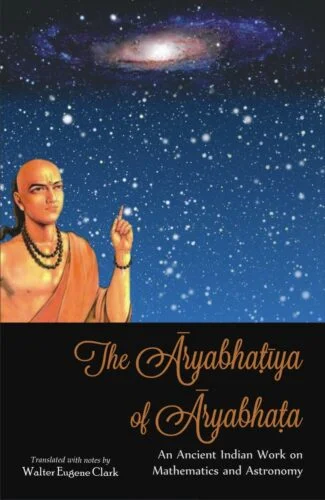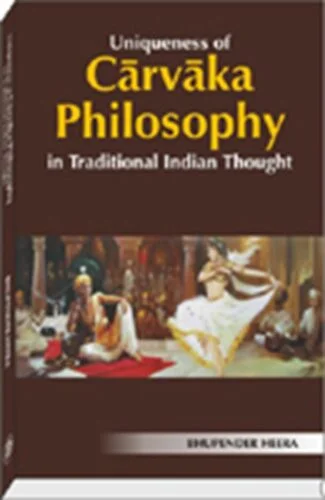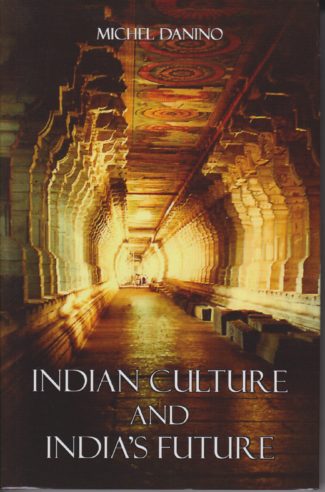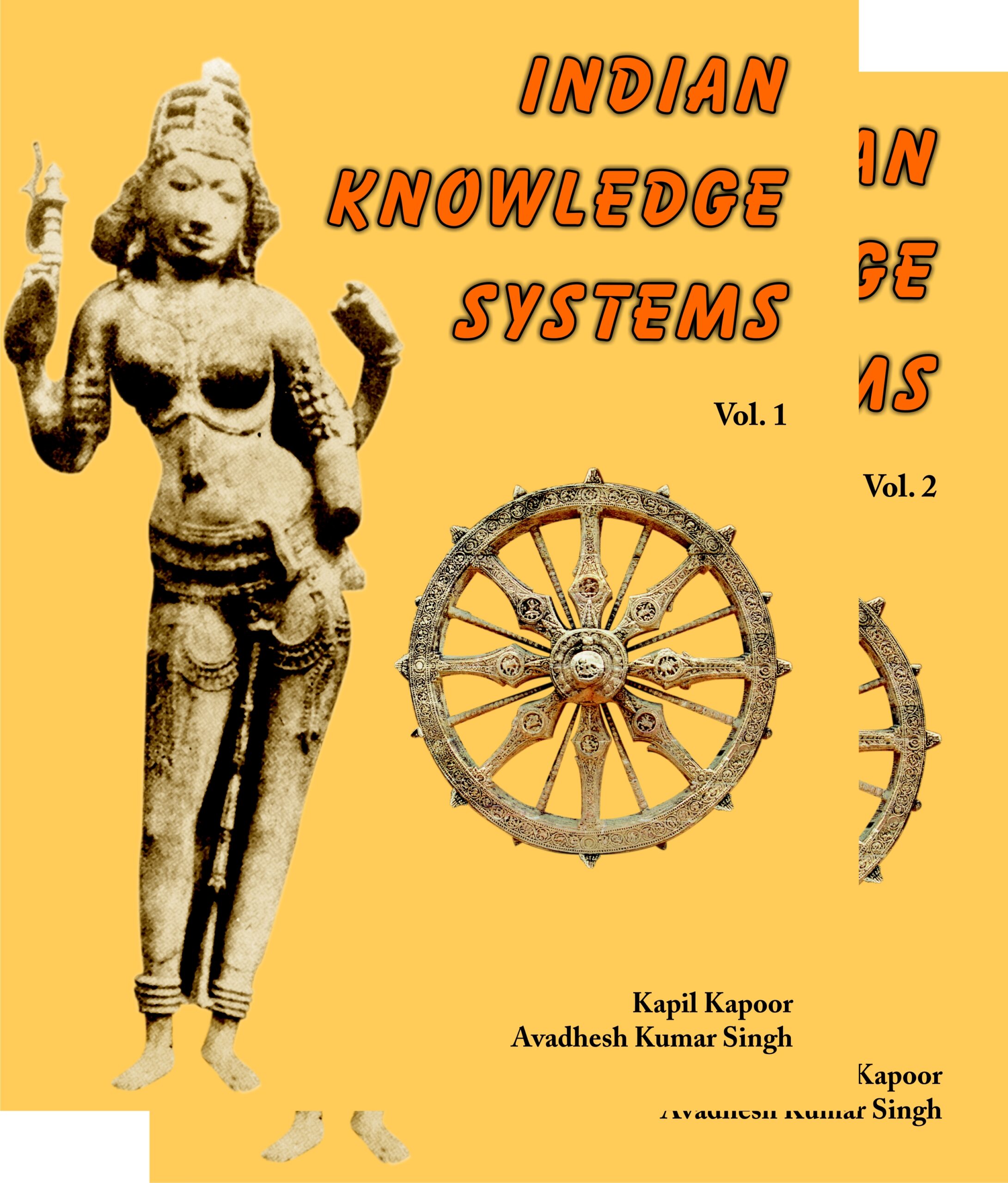

Indian Knowledge Sys...
Indian Knowledge Systems (2 Vols. Set)
by: Kapil Kapoor , Avadhesh Kumar SinghIndia has continuous and cumulative intellectual traditions and this book endeavours to expound the major Indian Knowledge Systems, under its seven sections and makes available authoritative statements that articulate their validity for the contemporary Indian and Western reality in the modern perspective.
Original price was: ₹3,500.00.₹3,150.00Current price is: ₹3,150.00.
ISBN: 9788124603369
Year Of Publication: 2005
Edition: 1st
Pages : xi, ix, 710
Bibliographic Details : Index
Language : English
Binding : Hardcover
Publisher: D.K. Printworld Pvt. Ltd.
Size: 25 cm.
Weight: 2050
India has continuous and cumulative intellectual traditions in many domains of knowledge. This tradition has its beginning in the Rigveda, the first attested Indo-European document, and continues to be alive in the life, practices and learning of the Indian people. The power and pertinence of knowledge systems in this tradition are attested by the existence of innumerable texts and thinkers that continue to be the subject of study in major contemporary universities round the world. Not many today are aware of this rich heritage of thought. The Academy therefore produces rootless young minds that at best are ignorant and at worst have contempt for their own traditions of thought. The two volumes, comprising 34 articles by distinguished scholars, expound some major Indian knowledge systems viz. Logic, Philosophy of Language, Technology and Crafts, Polity and Governance, Ethics and Sociological texts, Architecture, Poetics and Aesthetics, Law and Justice, Mathematics and Astronomy, Agriculture, Trade and Commerce and Medicine and Life Science. Under its seven sections (i) Indian Knowledge Systems (Ex)Positions; (ii) Science; (iii) Medical Science in India; (iv) Psychology, Polity and Sociological Texts; (v) Aesthetics and Poetics; (vi) Philosophy, Logic and Language; and (vii) Knowledge Formation, Dissemination and Practice it makes available the first statements that articulate their validity for the contemporary Indian and Western reality.
VOLUME — 1
Acknowledgement
— Kapil Kapoor; Avadhesh Kumar Singh
Key to Transliteration
Prefatory Note
— Kapil Kapoor; Avadhesh Kumar Singh
I
Indian Knowledge Systems: (Ex)Positions
1. Indian Knowledge Systems: Nature, Philosophy, Character
— Kapil Kapoor
2. Amara-Bharati: Sanskrit and the Resurgence of Indian Civilization
— M.D. Srinivas
II
Indian Knowledge Systems and Science
3. Educating Sciences of Life and Mind
— Ananda Wood
4. Indias Scientific Mind: A Quest for Infinity
— Michel Danino
5. Dividing the Thousand into Three
— Wagish Shukla
6. Some Special Features in Procedures of Ganesha Daivajnas Grahalaghavam: A Study of its Special Features
— S. Balachandra Rao
7. Philosophy and Science in Indian Texts
— Ravi Khanna
III
Medical Science in India
8. Modern Medicine and Ancient Indian Wisdom
— B.M. Hegde
9. Ayurveda as a Knowledge System
— P. Ram Manohar
10. Social Organization of Knowledge in India: Folk and Classical Traditions
— A.V. Balasubramanian
IV
Psychology, Polity and Sociological Texts
11. Psychology: Five Major Indian Contributions
— Matthijs Cornelissen
12. Indian Political Thought
— Ashok S. Chausalkar
13. Governance According to Manu-Smriti
— Bharat Jhunjhunwala
14. Agriculture and Trade in India
— P. Shashi Rekha
15. Treatment of Women in Indian Sociological Texts: With Reference to Manu-Smriti
— Chandrakala Padia
16. The Indian Noetic Tradition: The Dharmashastras — Bharatiya Jnana-Parampara
— Santosh Kumar Shukla
17. Vision of Disaster Management in Kautilyas Arthashastra
— Niranjan Patel
18. Indian Psyche — A Note
— V. Prakasam
VOLUME — 2
Key to Transliteration
V
Aesthetics and Poetics
19. Alam Brahma
— Rewaprasad Dwevedi
20. Salvation by Knowledge: Ananda Coomaraswamy and the Tradition of Indian Aesthetics
— Chandrashekhar Jahagirdar
21. Krishna Dvaipayanas Veda of Life
— Kavita A. Sharma
22. Reading the First Adhyaya of the Natyashastra
— Makarand Paranjape
23. Neither Amnesia nor Aphasia: Knowledge, Continuity and Change in Indian Poetics
— Avadhesh Kumar Singh
VI
Philosophy, Logic and Language
24. Buddhist Traditions and Knowledge
— Geshe N. Samten
25. Indian Ontology: From Veda to Vedanta
— Shashiprabha Kumar
26. One Universe — Multiple Systems : Two Major Sources
— Renu Malhotra
27. Principles of Determining the Meaning of Words and Sentences: The Mimamsakas Perspectives
— Daya Shankar Mishra
28. Ontology of Speech Sounds
— Rajnish Kumar Mishra
29. Toward a Theory of Syntax
— Bhavatosh IndraGuru
30. Vakyapadiya: Basic Linguistic Concepts
— R.V. Dhongde
VII
Knowledge Formation, Dissemination and Practice
31. Syncretism in Indian Knowledge Systems: A Case Study of Durga Puja
— Debasish Chakrabarty
32. Narrative as Epistemology in the Brahamana Texts
— Atanu Bhattacharya
33. Folk Wisdom and Environmental Crisis: A Contemporary Case Study from the Western Himalayas
— Raghubir Singh Pirta
34. Saraswati Hieroglyphs and Bharatiya Cultural Continuum: Mlecchita Vikalpa and Bharatiya Sabhyata
— S. Kalyanraman
List of Contributors


